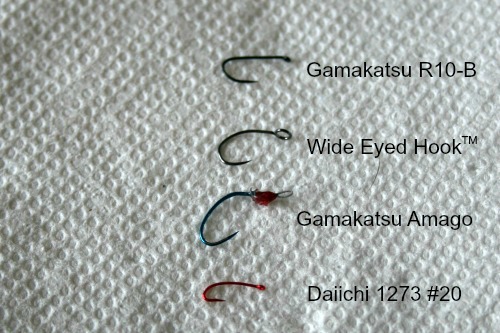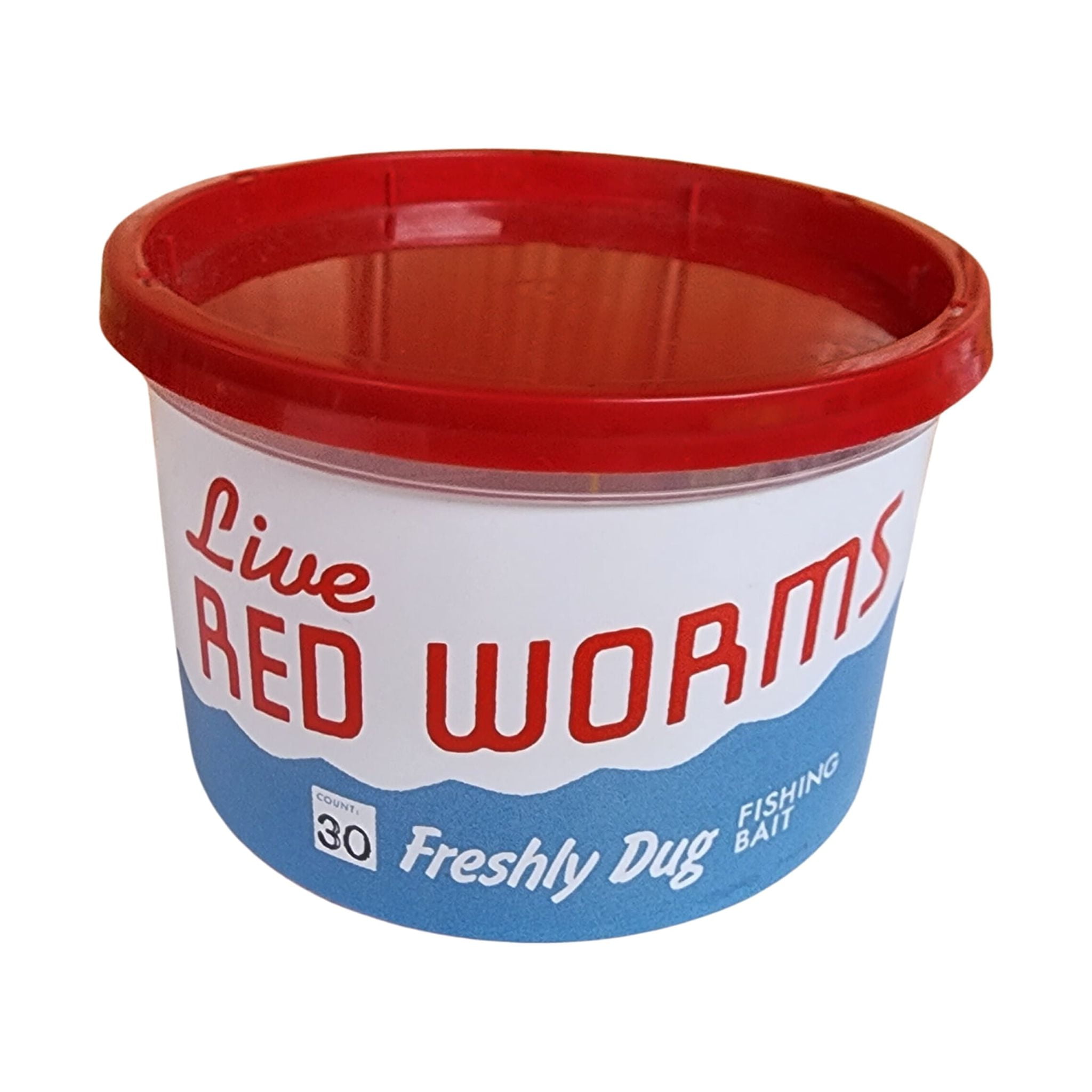The Basic Principles Of Where To Find Red Wigglers
The Basic Principles Of Where To Find Red Wigglers
Blog Article
Getting My Where To Find Red Wigglers To Work
Table of ContentsExamine This Report on Where To Find Red WigglersMore About Where To Find Red WigglersThe Where To Find Red Wigglers PDFs7 Easy Facts About Where To Find Red Wigglers DescribedWhat Does Where To Find Red Wigglers Do?The Single Strategy To Use For Where To Find Red Wigglers
For finest outcomes, you desire to shoot for concerning 60-70% wetness degree. At the ideal moisture degrees which is simply under 70% that handful ought to barely generate one drop of liquid.
The Indian Blue is ravenous, yet likewise favors a warmer climate and it additionally exhibits a propensity to escape the bin. The red wiggler is a hardy worm and isn't as choosy regarding its climate. I such as to call it the Ford Taurus of vermicomposting worms; you won't brag to your hardcore composting buddies that you possess them, however they will certainly serve you well.
As Faucet showed, an angler can do a good bargain to make a worm more appealing.
The Only Guide for Where To Find Red Wigglers
I believe you will also if you try them. The smaller the trout stream, the much better worms job is an axiom that hasn't changed in the 100-plus years since Perry wrote his short article. Anglers of his era just stuck their rickety fly rods with alder tangles and dropped a weighted worm into a deep hole.
Early morning is prime feeding time, and the insubstantial lure's slow-moving descent leaves 5 inches of wriggling protein in full view for a long time. After you've made the cast, keep the bail open and put the pole in a forked stick. The line will diminish the rod in slow-moving loops as the worm resolves, however generally the slow loopholes will certainly end up being a blur, and the early morning will suddenly obtain instead fascinating.
You can fish deep and cover a great deal of area, and the spider seems to be the ideal touch for this transitional time, when the smallmouths have yet to secure on to a preferred forage. Dark jigsblack, brown, and purpleseem to match the nightcrawler's color. I generally make use of a whole 'crawler, favor marabou clothing, and drop the rod for two or 3 seconds when I get a hit.
And distinguishing base from a bite can be hard. The technique is to relieve the pole back to the strike (perhaps a foot) and feel for life at the end of the tightening line. If it's there, set the hook with a move instead of a jerk. As soon as in a while you'll locate yourself hooked to those slow, passionate yanks, and really feel the weight of a good walleye.
Not known Incorrect Statements About Where To Find Red Wigglers
When the heavy walleyes go on to the big-water shoals in the late summertime, attempt pursuing them with a bucktail jig and a 1-inch pinch of nightcrawler. The bait covers the hook factor, disperses weeds, and offers a taste of victim. With absolutely nothing dangling or flapping, it stays safe and secure no matter current, casts, or ambitious panfish.
Whether you're wading or fishing from a boat, drifting worms is just one of the excellent looking strategies for bigger rivers. For trout, a spade-dug, 4-inch yard worm is the appropriate dimension; image source for bass, walleyes, and steelhead, a nightcrawler may be a far better choice. The key is to drift the lure via feeding and holding locations due to the fact that fish in current are not mosting likely to ferret out the bait, as my website they might in still water.
Strikes will come as a sharp tug as opposed to a pull or rap. Fish the changes: mouths of tributaries, bank-side slicks, and the sides of big swimming pools. As the late Ed Zern, Area & Stream's wonderful humorist, once put it: Anglers are born truthful but they overcome it. His adage uses to any kind of variety of angling maneuvers, including the issue of adding a piece of worm to a damp fly.

3 Easy Facts About Where To Find Red Wigglers Explained
Include a few hundred worms and feed them two times a week. Keep the bed linens moist but not damp. On the menu: lettuce, fruit and veggie waste, and the periodic nongreasy surplus.
Similar to veggie scraps, you can take your used coffee grounds and add them to a worm box. Worms enjoy eating coffee grounds. With the appropriate problems and wet, healthy soil, worms can stay in a pail of dust for around 3 weeks. Shop out of straight sunshine and maintain a temperature level between 50 and 80 degrees.
When the hefty walleyes move on to the big-water shoals in the late summertime, attempt going after them with a bucktail jig and a 1-inch pinch of nightcrawler. The bait covers the hook point, deflects weeds, and offers a preference of prey. With absolutely nothing dangling or waving, it remains safe and secure despite existing, casts, or enthusiastic panfish.
Some Known Questions About Where To Find Red Wigglers.
Whether you're wading or angling from a boat, drifting worms is just one of the terrific searching strategies for larger rivers. Where To Find Red Wigglers. For trout, a spade-dug, 4-inch yard worm is the right dimension; for bass, walleyes, and steelhead, a nightcrawler may be a better option. The secret is to drift the lure with feeding and holding areas due to the fact that fish in present are not going to ferret out the bait, as they may in still water
Fish the shifts: mouths of tributaries, bank-side slicks, and the edges of huge swimming pools. His rule applies to any number of angling maneuvers, including the matter of including a piece of worm to a damp fly.
Increasing your very own bait implies you can slide out of the house and struck the pond prior to Mom comes homejust like in the old days. Below's how to maintain a worm box: Cut a sheet of CDX-grade plywood, which is made with waterproof adhesives, to your dimensions. Toenail it with each other and pierce a dozen 12-inch openings in all-time low for drain.
The 3-Minute Rule for Where To Find Red Wigglers
Include a few hundred worms and feed them 2 times a week. Keep the bed linen damp however not damp. On the menu: lettuce, fruit and veggie waste, and the periodic nongreasy surplus (Where To Find Red Wigglers).
Simply like veggie scraps, you can take your utilized More Help coffee grounds and include them to a worm box. Worms enjoy consuming coffee grounds.
Report this page